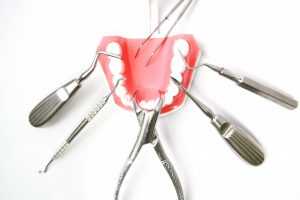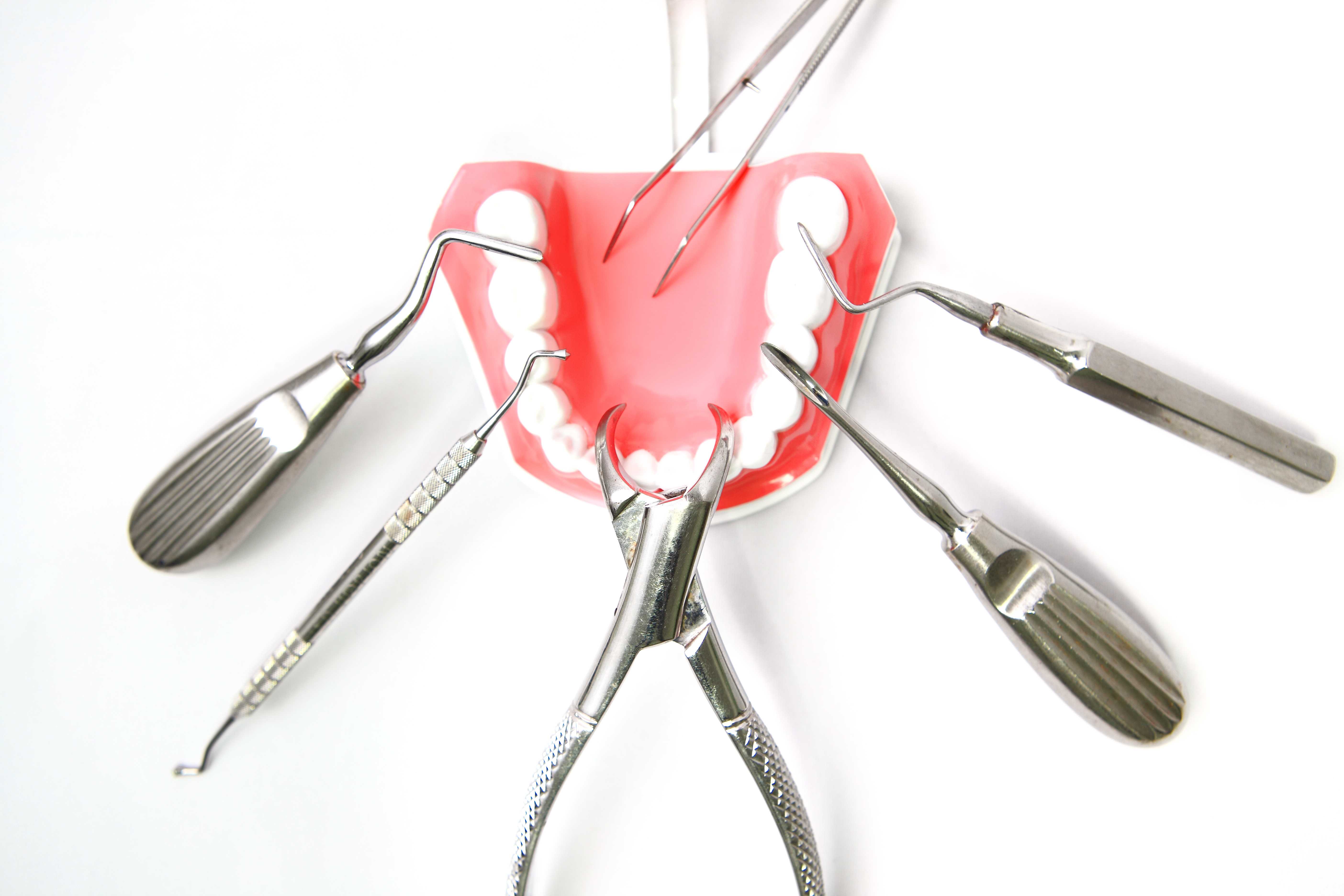Disclaimer: This website provides health information for educational purposes only and is not a substitute for professional medical advice, diagnosis, or treatment. Always seek the guidance of a qualified healthcare provider with any questions you may have.
 Some people have unusually deep grooves or fissures in their teeth. They are especially common on the biting surfaces of the molars. Though fissures aid in biting and grinding up food, very deep fissures only trap food and harbour bacteria. This also makes it difficult to brush the teeth and to keep them clean.
Some people have unusually deep grooves or fissures in their teeth. They are especially common on the biting surfaces of the molars. Though fissures aid in biting and grinding up food, very deep fissures only trap food and harbour bacteria. This also makes it difficult to brush the teeth and to keep them clean.
Since deep fissures trap food, they are more likely to develop cavities. Even with a good brushing technique, this may cause problems if not all food particles are removed.
Ridgway Dental suggests the use of fissure sealants to help fill in the grooves and make it easier to brush the teeth. This is a simple process that gives excellent results.
Sealing a Fissure
The application of fissure sealants is similar to composite bonding. First, the dentist will thoroughly clean the area to make sure that no dirt or bacteria become trapped under the seal.
Using a specialised type of plastic, the dentist fills in the fissures, making sure to maintain the general shape of the biting surface. Too much sealant may result in a smooth tooth that will make it difficult to chew.
The seal is cured with an ultraviolet lamp to harden it. The resulting seal bonds to the tooth completely and is exceptionally hard and durable.
Barrier Protection
Fissure sealants prevent cavities by forming a protective barrier around the teeth. The process is common among children, but adults may also get the procedure if they are having trouble keeping their teeth clean and free from debris.
Once the barrier fills the area, it results in a smooth surface that is easy to clean. Maintenance is not much different from caring for natural tooth surfaces — the only difference is that it is now less likely to trap food and bacteria.




